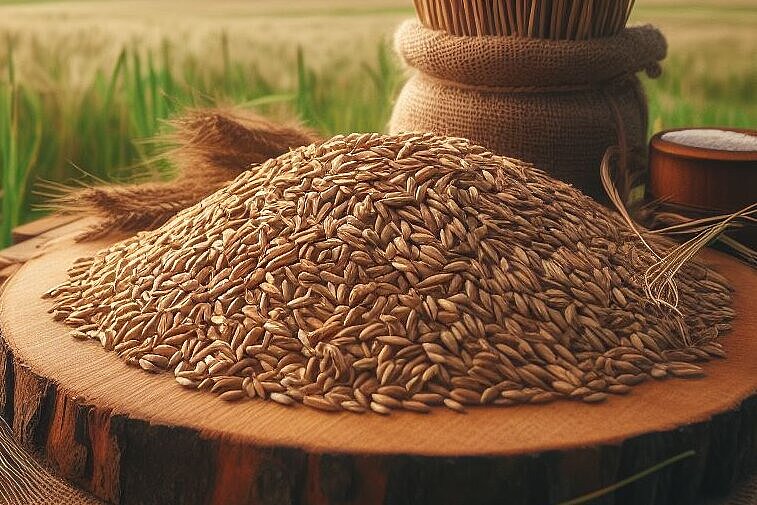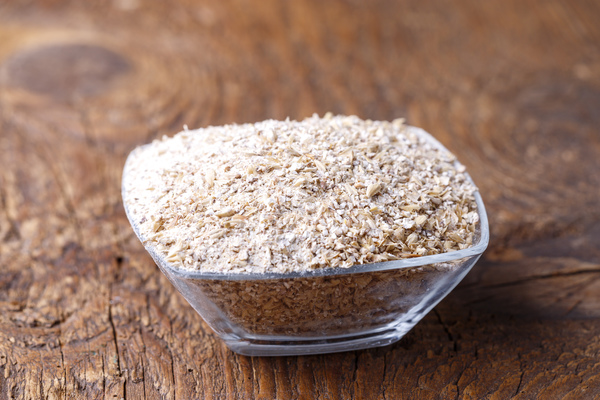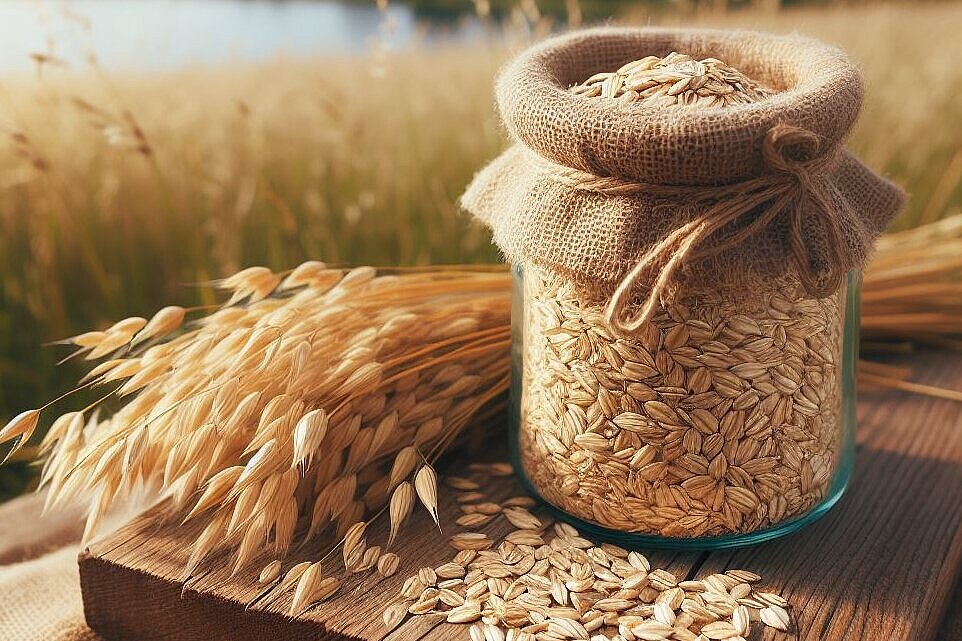Malt extract

When it comes to feeding our four-legged friends, the ingredients we choose are crucial to their health and well-being. One ingredient that is receiving increasing attention in pet nutrition is malt extract. Originally used in the brewing industry, this natural sweetener has found its way into the hearts and bowls of our dogs. But what exactly is malt extract and is it really a good choice for your dog? In this article, we dive deep into the world of malt extract, examine its pros and cons and provide you with all the information you need to make an informed decision.
What is malt extract?
Malt extract is a sweet, sticky product made by soaking, germinating and drying cereal grains (usually barley) and then boiling them in water. This process breaks down the starch in the grains into sugar, resulting in a concentrated syrup. Malt extract is used in a variety of products due to its rich, sweet flavor and natural properties, including foods and beverages for humans as well as in some pet food products and treats for dogs.
Benefits of malt extract for dogs
Natural source of energy
Malt extract is rich in maltose, a sugar that provides a quick and easily digestible source of energy for dogs. This can be particularly beneficial for active dogs or those that need extra energy.
Rich in nutrients
In addition to sugar, malt extract also contains a number of essential vitamins and minerals, including vitamin B complex, iron, magnesium and potassium. These nutrients are important for maintaining various bodily functions and can contribute to your dog's overall health.
Digestive support
Malt extract contains soluble fibers that can support healthy intestinal function. These fibers promote the growth of beneficial bacteria in the gut and can help regulate digestion and prevent digestive problems.
Disadvantages and risks
Potential weight gain
As malt extract is high in sugar, its excessive use can lead to unnecessary weight gain in dogs. Obesity can in turn increase the risk of various health problems, including diabetes and heart disease.
Dental problems
The sugars in malt extract can also increase the risk of dental problems, such as tooth decay and tartar, if your dog's teeth are not cleaned regularly.
Allergies and intolerances
Some dogs may be allergic or intolerant to grains or specific ingredients in malt extract. This can lead to digestive disorders, skin problems and other allergic reactions.
Malt extract can be a tasty and nutritious addition to your dog's diet when used in moderation. The natural sweetness and nutrients it contains can provide various health benefits, from energy to digestive support. However, it's important to consider the potential risks, including weight gain and dental problems, and ensure that malt extract only forms a small part of your dog's diet. In the right amounts, malt extract can be a sweet addition to your dog's life without any negative impact on their health.
If you notice any signs of hypersensitivity or poisoning in your dog, you should see your vet immediately. We are not a substitute for a vet, but we try to be as accurate as possible. Every dog reacts differently and we recommend you get a second opinion or consult your vet if in doubt.
Stay healthy and take good care of your four-legged friend!😊
Similar to Malt extract
Spelt is an ancient cereal that belongs to the sweet grass family and is related to wheat. However, it is more robust and resistant to pests and diseases than wheat and therefore requires fewer...
Barley malt is obtained from barley. Barley is a type of grain and is one of the oldest cultivated plants known to mankind. To produce barley malt, the barley is first soaked and then allowed to...
Oat malt is a cereal product made from oat grains that are first soaked and then allowed to germinate. The germination process activates the starch and enzymes in the oats, which break down and...
Wheat malt is made from quality wheat that is moistened to germinate. This produces enzymes that break down the starch and protein in the grain. The wheat is then dried again to stop the germination...



